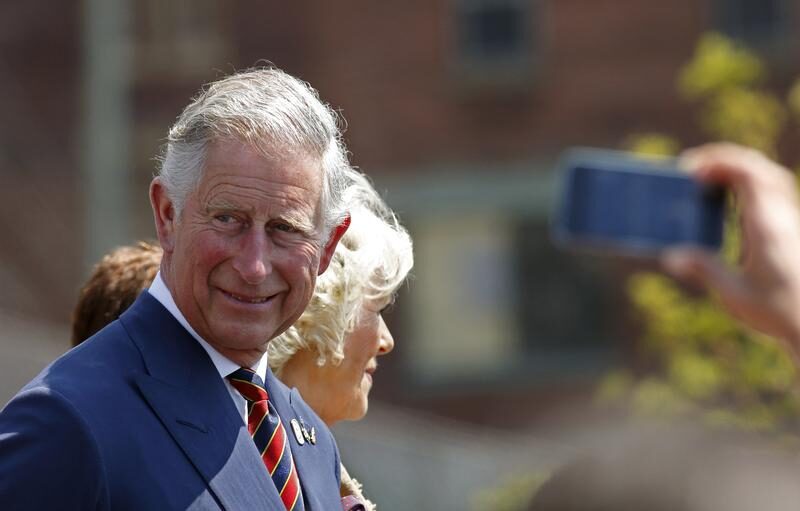A bombshell report has revealed that King Charles III’s cancer is considered incurable but manageable, suggesting the 76-year-old monarch will die “with” cancer rather than “of” the disease.
The disclosure, published Saturday by respected royal correspondent Camilla Tominey of The Daily Telegraph, confirms long-standing rumors about the king’s condition following his diagnosis in February 2024.
While King Charles continues to undergo treatment, medical professionals view his condition as chronic rather than immediately life-threatening, a scenario common among older cancer patients.
The revelation comes amid growing speculation about the monarch’s long-term health prospects, particularly after Prince Harry expressed uncertainty about his father’s remaining time during a recent BBC interview. Harry indicated he doesn’t know how much longer his father has to live, adding urgency to calls for family reconciliation. The Duke of Sussex emphasized that life is precious and expressed the desire for reconciliation, noting that the king won’t speak to him due to ongoing security arrangements disputes.
Despite the sobering diagnosis, Buckingham Palace has maintained that Charles is broadly winning his battle against cancer. The king himself recently stated he was on “the other side” of his health crisis, suggesting improvement in his condition. Royal aides have consistently briefed reporters that the monarch is dealing incredibly well with the illness, with one aide noting that medical science has made incredible advances and they see no difference in the king’s demeanor.
Charles has returned to a nearly full schedule of royal duties, although with certain modifications to accommodate his ongoing treatment regimen. However, the report indicates his health challenges have prevented him from relocating to Buckingham Palace as previously planned, following completion of its $463 million renovations scheduled for 2027. The king continues to operate from Clarence House while maintaining his official duties.
Palace officials are reportedly making very tentative plans for Charles’ 80th birthday celebrations in 2028, reflecting cautious optimism about his long-term prospects. The planning suggests confidence that the monarch will continue his reign for several more years, despite the incurable nature of his condition.
The health revelation has also sparked discussions about potential family reconciliation. Tominey’s report suggests palace aides are quietly exploring whether the 2027 Invictus Games in Birmingham could provide a suitable backdrop for a public reunion between Charles and Harry. Such an event could potentially involve Harry’s children, Prince Archie and Princess Lilibet, whom the king reportedly hasn’t seen since 2022.
However, reconciliation efforts face significant obstacles. Harry revealed in a May interview that he refuses to bring his wife Meghan Markle and their children back to the United Kingdom, citing safety concerns. The Duke of Sussex indicated he cannot see a world in which he would bring his family back to the UK at this point, despite loving his country and wanting to show his children his homeland.
The palace has maintained that Charles will continue undertaking state business and official paperwork as usual throughout his treatment. Official statements indicate the king commenced a schedule of regular treatments under medical advice, during which doctors recommended postponing some public-facing duties. However, he has largely resumed his full complement of royal responsibilities with appropriate modifications.
While the specific type of cancer has not been officially confirmed by Buckingham Palace, reports have speculated about prostate cancer due to the monarch’s previous hospitalization for an enlarged prostate. The palace declined to comment on Tominey’s latest revelations about the incurable nature of the king’s condition.
The disclosure represents a significant development in understanding the monarch’s health status and may influence succession planning within the royal family. Despite the incurable diagnosis, medical experts note that many individuals live for years with manageable cancer conditions, particularly when receiving rigorous treatment programs like those reportedly undertaken by the king.











